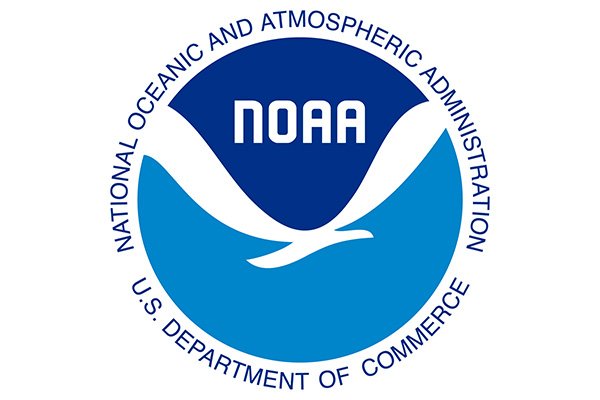Community Resilience Training
Building Community Capacity for Climate Planning.
To tackle the challenge of building social, environmental, and economic resilience, Maine’s coastal communities must move beyond increased awareness of climate impacts to incorporating climate data into local decision making. Community Resilience Training supports Maine’s rural coastal communities in increasing their capacity to plan and prepare for coastal climate impacts by developing the knowledge, skills, and relationships necessary to create data- and community-informed climate resilience plans.
Training Goals:
- Provide communities with the knowledge, skills, and relationships necessary to support climate action planning.
- Ensure that values-based discussions drive climate action planning.
- Build connections within and between communities in a region and with resilience professionals to support future climate adaptation work.
- Empower participants to take relevant next steps and continue climate planning work with their communities.
With over 5,000 miles of tidal coastline, and some of the most rural regions in the nation, Maine’s coastal communities face unique challenges in addressing the impacts of climate change. Maine’s vulnerability to coastal flooding from sea level rise, storm surge, and extreme precipitation is exacerbated by its significant economic dependence on the ocean economy. Creating a climate resilience plan in response to these points of vulnerability is uniquely difficult as only 11 percent of Maine municipalities have a town planner on staff, and 72 percent have no local planner and insufficient or no regional planning support.
Designed to support coastal communities in planning for sea level rise, Community Resilience Training is a three part curriculum that facilitates experiences for communities to develop the knowledge, skills, and relationships that support community-based climate planning.
- Planning Forward is an active learning, small-group activity that brings forward community values and identities to guide and empower participants to confront the difficult reality of our changing climate and consider possible futures through new perspectives.
- Resource Workshop convenes neighboring communities for a workshop that connects participants with relevant tools, resources, processes, and professionals through interactive presentations in a conference-like setting.
- Resilience Planning works with communities to provide time for reflection and discussion, and to implement a planning framework where communities determine and prioritize next steps that best reflect and respond to their climate planning needs.
Community engagement events prior to and following the training build broad community awareness about climate impacts, particularly sea level rise, and support community-determined next steps. A community of practice provides ongoing support for participants that includes the sharing of resources, case studies, events, and funding opportunities.
These trainings are co-led by the Gulf of Maine Research Institute and the Island Institute, and RiSE Center at the University of Maine, Orono is the training evaluator.

Project Team
Training Partner
These trainings are co-led by the Gulf of Maine Research Institute and the Island Institute.
Training Sponsor
These trainings are generously funded by NOAA.
Additional advisory support provided by:
- Town of Vinalhaven
- Town of St. George
- Maine Sea Grant
- Wells National Estuary Research Reserve
- Maine Department of Environmental Protection
- Maine Geological Survey
- Governor's Office of Policy Innovation and the Future
- NOAA Office of Coastal Management
Read More
-
![Reaching Resilience: Climate Services for Gulf of Maine Communities]()
Reaching Resilience: Climate Services for Gulf of Maine Communities
What resilience looks like in Portland might be different than what it looks like in Tremont, but our Climate Center team provides cities and towns …
Perspectives
-
![The Gulf of Maine is continuing to warm. 2023 was the 5th hottest year on record]()
The Gulf of Maine is continuing to warm. 2023 was the 5th hottest year on record
Press Clips
-
![Advancing Maine's Climate Action Plan]()
Advancing Maine's Climate Action Plan
In June of 2019, Governor Mills signed a bipartisan bill into law forming the Maine Climate Council, which then developed a four year climate action …
Announcements
-
![The Value of Community Science]()
The Value of Community Science
We learn from experts about community science — scientific research and monitoring driven and controlled by local communities — and what makes it such an …
Perspectives







